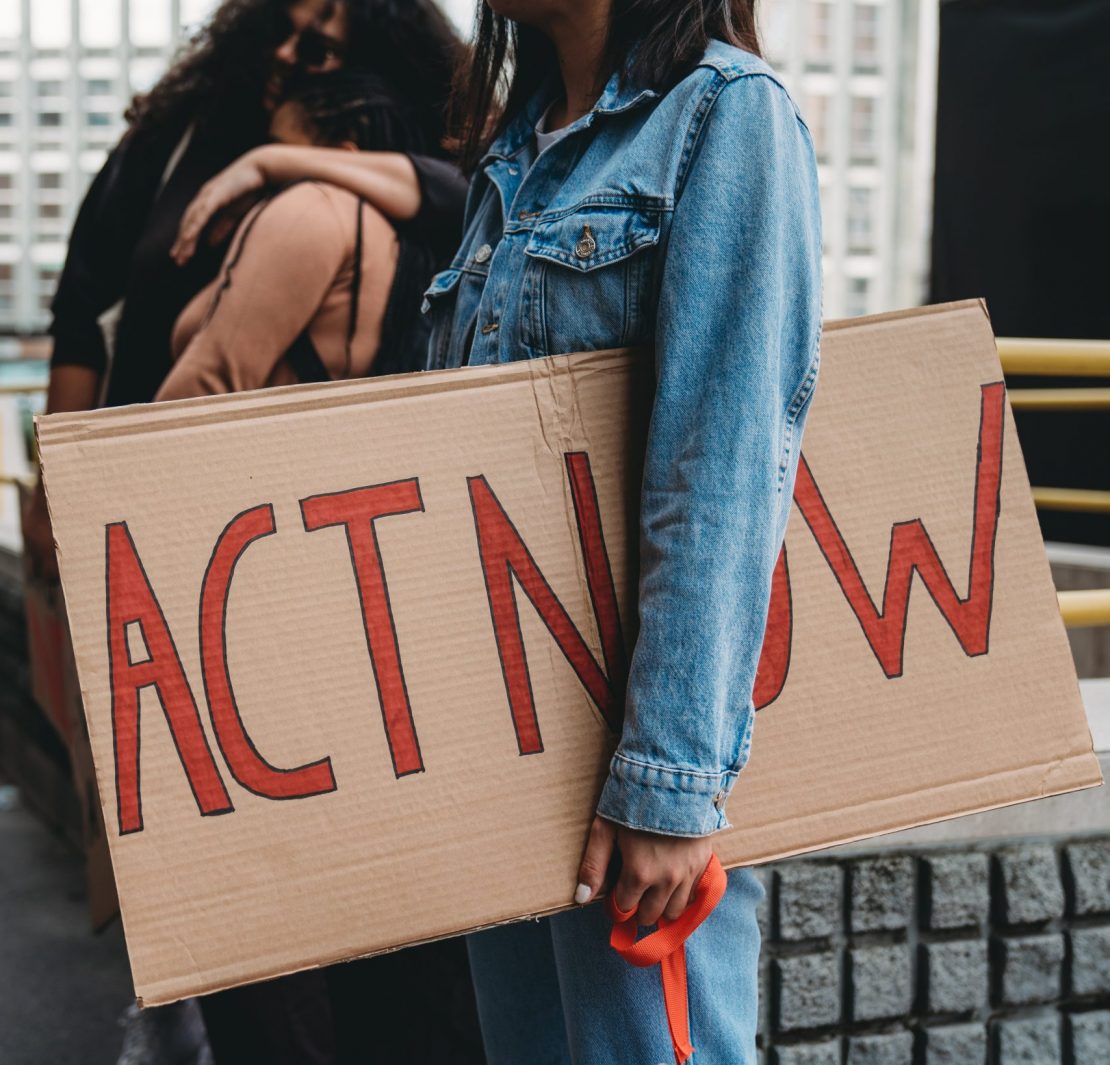When most people think of Gen Z, they think ‘snowflakes’, cancel culture and TikTok. But in the 2024 general elections in India, approximately 250 million members of this generation will potentially cast their vote. Half of them will be voting for the first time.
When it comes to politics, Indian Gen Z seem to be charting their own path. According to the YouGov-Mint-CPR Millennial survey, post-millennials were the most critical of the government on some of the most polarising issues in Indian politics over the last few years, such as the Citizenship Amendment Bill (CAA) and the revocation of Article 370. The survey also found a notable age divide in political beliefs between Gen Z and Millennials.
With political polarisation growing by the day and social media constantly fuelling it, this generation of voters has their work cut out for them. But how would they feel about their friends having political beliefs that don’t quite align with theirs? We asked Gen Z youth if they would end friendships over political differences, and here’s what they had to say:
“I would not end a friendship over political differences because that would be counterproductive to having difficult conversations with people who have ideological differences with you, which is necessary to arrive at solutions. The only case where I would consider breaking off a friendship would be if the person ridiculed me personally because of my beliefs and antagonised me purely because of it.”
– Siddharth Joshi, 21
“It’s subjective for me; if their opinions are to the point where they could potentially be borderline harmful to the other side, then I would break the friendship. However, if it is an opinion that is closer to neutrality, then no. Violence, and thoughts or expressions of violence against the other party for whatsoever reason would be where I draw the line.”
– Anya, 22
“There are certain factors that come into play when thinking about this, like how long I’ve known them and how close I am to them. Political differences can also change or emerge over time. If they are extremely against how I feel, then perhaps it would affect our relationship significantly. Especially if these differences also play out in their behaviour towards other people – if they are being transphobic, casteist or anything like that. It matters if it is seeping into their everyday behaviour. Then I would definitely have an issue with it.”
– Ansuya Mansukhani, 21
“I think I would end a close friendship with someone because of political differences. This is primarily because our political opinions are a strong reflection of our own values and morals and how we believe people must be treated. I would become uncomfortable if someone directly expressed hatred or anger towards a certain individual or group. While indirect forms of bigotry are equally dangerous, I would only retaliate if it started to manifest in tangible forms. Also, I would maintain cordial relationships with people whose politics are very different from mine if my employment, education, health, safety or finances were at stake.”
– Asfiyah Qadri, 21
“In school, I had a close friend whose political views were very different from mine, and I felt they were discriminatory towards certain groups of people. I tried not to be bothered by it by then. But as time went on the polarisation worsened and my beliefs in my own views got stauncher. I lost a lot of respect for her in the process. I had to end that friendship eventually, and it was a difficult decision, but I strongly believe it was for the better.”
– Ishani, 19





Warning: Use of undefined constant ‘url’ - assumed '‘url’' (this will throw an Error in a future version of PHP) in /var/www/html/wp-content/themes/theissue/functions.php on line 143